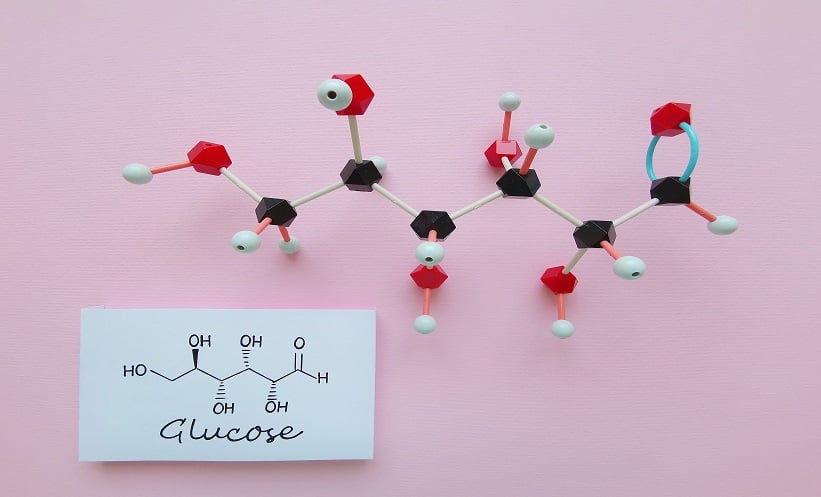GLUCOSE restriction in the tumor microenvironment helps cancer cells survive chemotherapy by altering key metabolic pathways, reveals a new study. The research highlights how low-glucose conditions slow down pyrimidine depletion and inhibit apoptosis, protecting cancer cells from treatments targeting DNA replication.
Cancer cells, often found in nutrient-poor environments due to rapid growth and poor vasculature, rely on glucose for energy and nucleotide synthesis. The study used CRISPR-based genetic screens to show that limited glucose availability prolongs the lifespan of cancer cells by reducing uridine-5-diphosphate-glucose synthesis. This preserves pyrimidine nucleotides and delays replication stress, preventing replication fork stalling—a key trigger for chemotherapy-induced apoptosis.
Additionally, low glucose directly inhibits mitochondrial apoptosis by suppressing BAK activation and cytochrome c release, essential steps in the caspase-9 pathway. These findings suggest that tumor nutrient environments play a critical role in chemotherapy resistance, emphasizing the need to consider metabolic conditions when developing cancer therapies.
Clinical Implications:
This research points to the potential for therapies that manipulate tumor glucose levels or target the metabolic adaptations cancer cells use to survive. Future treatments could involve strategies to force cancer cells into metabolic vulnerability, enhancing the effectiveness of chemotherapy.
Reference: Nam M et al. Glucose limitation protects cancer cells from apoptosis induced by pyrimidine restriction and replication inhibition. Nat Metab. 2024. doi: https://doi.org/10.1038/s42255-024-01166-w.








